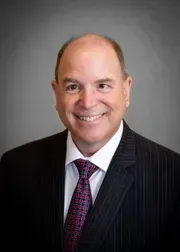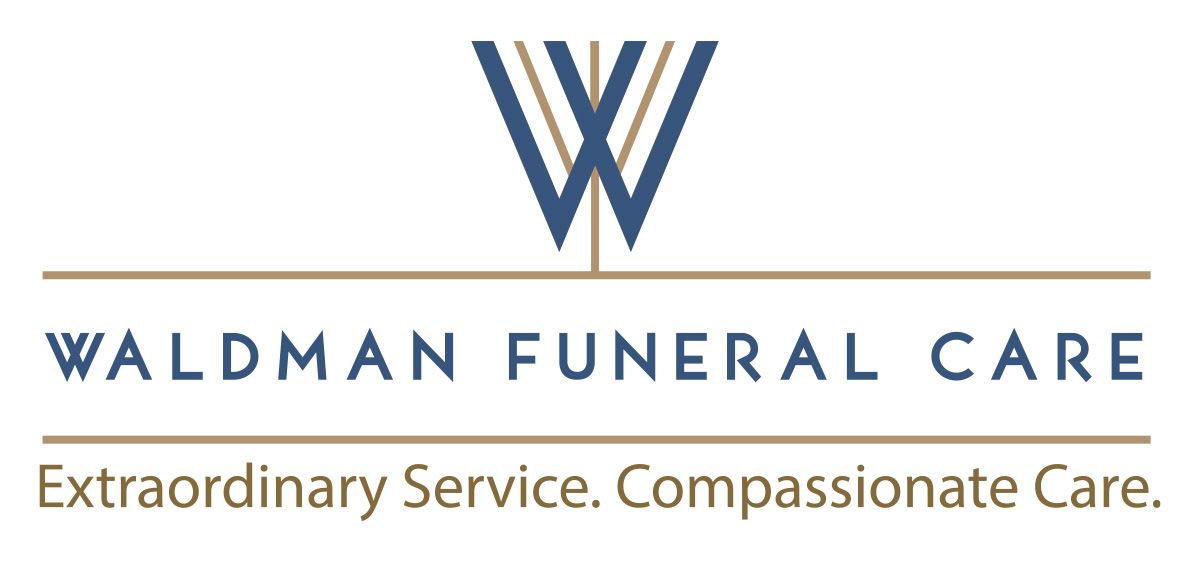Frequent Questions
Frequent Questions
"Just one call, and Waldman Funeral Care takes over."
-
What is the purpose of a funeral?
A funeral or memorial service provides an opportunity for the living to show respect for the deceased and pay tribute to their life. It provides a framework to freely and openly express our beliefs, feelings, and thoughts about the death of our loved one. It gives us permission to grieve our loss, share in solidarity, and gain strength from others who are experiencing the same loss.
-
Do we need to have an obituary notice and what is included in one?
It is highly recommended to have an obituary notice that’s either placed in a local newspaper, or placed online. An obituary lets the public know that a death has occurred, and gives them information about the service. Obituaries generally include the deceased’s full name, age, city and date of birth and the city they were living in when they died. It also includes the name of the deceased’s spouse, along with the names of anyone else significant in their lives, such as parents, children or grandchildren. Space may be limited in a newspaper obituary, but you may include a little blurb on the life and legacy of the deceased. An online obituary or memorial website offers you the chance to add a lot more about the deceased.
-
What services do funeral directors perform?
The funeral director's job is to assist the bereaved in various ways to help them through the loss of a loved one. A funeral director provides bereavement and consolation services for the living, in addition to making arrangements for the cremation, burial, and memorial services for the deceased. He fulfills the role of funeral arranger, funeral director, funeral attendant, and embalmer.
The following list is not all-inclusive, but describes some of the major tasks of a funeral director:
- Removal and transfer of the deceased from the place of death to the funeral home
- Professional care of the deceased, including embalming, casketing, and cosmetology
- Consulting with family to make arrangements for the funeral service
- Filing certificates, permits, and other required forms
- Obtaining copies of the death certificate
- Arrangements with the cemetery, crematory, or other places of final disposition
- Creates and publishes the obituary
- Arrangements for clergy, music, flowers, transportation, pallbearers, and special fraternal or military services
- Directs and manages the funeral service and the funeral procession
- Assists the family with death-related claims, including Social Security, VA insurance, grief counseling
-
What are the choices for funeral services?
The four main types of funeral services include the traditional funeral service, the memorial service, the committal service, and the affirmation or celebration of life service.
-
Can you still have a funeral if you choose cremation?
Yes, cremation or burial is merely the disposition of the body. Funeral services are to honor and remember your loved one, regardless of disposition.
-
Can I plan in advance if I choose cremation?
Pre-arranging funeral services can be done regardless of the final disposition. Pre-arranging is simply recording your wishes with the funeral home and prefunding if you choose to do so.
-
What information should I bring to the arrangement conference?
- Advance Directives - If the deceased left any written advance directives concerning the disposition of his remains and memorialization, you need to bring them with you. These instructions may be found in a will, or there may be a formally witnessed disposition directive, funeral pre-arrangements, or a pre-need contract.
- Military Discharge Papers
- Details on any cemetery property owned by the deceased or the family (grave plot, columbarium space, etc.)
- Recent photograph of the deceased and any personal effects that you wish to be included in the viewing or burial
- Specific information on the deceased:
- Full legal name
- Address
- Marital status
- Social Security number
- Date of birth
- Place of birth (city and state)
- Educational history (number of years of schooling)
- Armed Forces service dates and serial number
- Occupation or profession
- Parent's names, including mother's maiden name
- Next of kin and other survivors
-
What happens if the death occurs in the middle of the night or on the weekend?
We are here to help, funeral directors are available 24 hours a day, 7 days a week, and 365 days a year.
-
Do I need to have an embalming?
No. In fact some religions forbid embalming. However, some countries require embalming by law in order for remains to leave or enter the country. If it is not against your religious custom, embalming is recommended, especially if there is an extended gap between death and burial or cremation.
Embalming sanitizes and preserves the body; it also slows down the decomposition process and enhances the appearance of the body damaged by traumatic death or illness. Embalming gives time to the family of the deceased to arrange a service, and allows the family the option of having an open-casket viewing.
-
Why are funerals so expensive?
Funerals are labor intensive and require a lot of work from a lot of people. The cost of a funeral goes beyond merchandise such as caskets, it includes the services of a funeral director in making the necessary arrangements, filling out forms, and dealing with all the other people involved in the death (doctors, lawyers, insurance companies). Funeral directors work an average of 40 hours per funeral. The cost of operating a funeral home is factored into the cost as well. Funeral homes are a 24 hour operation, with extensive facilities that need to be maintained and secured.
-
What do I do if I am not satisfied with the way a funeral was handled?
Funeral Services in the United States is regulated by the Federal Trade Commission, they can be reached by telephone at 1-877-FTC-HELP (382-4357) or you can fill out a form online at www.ftc.gov. In Canada, funeral services are regulated provincially and this information can be found on the Canadian Consumer Information website at www.consumerinformation.ca



